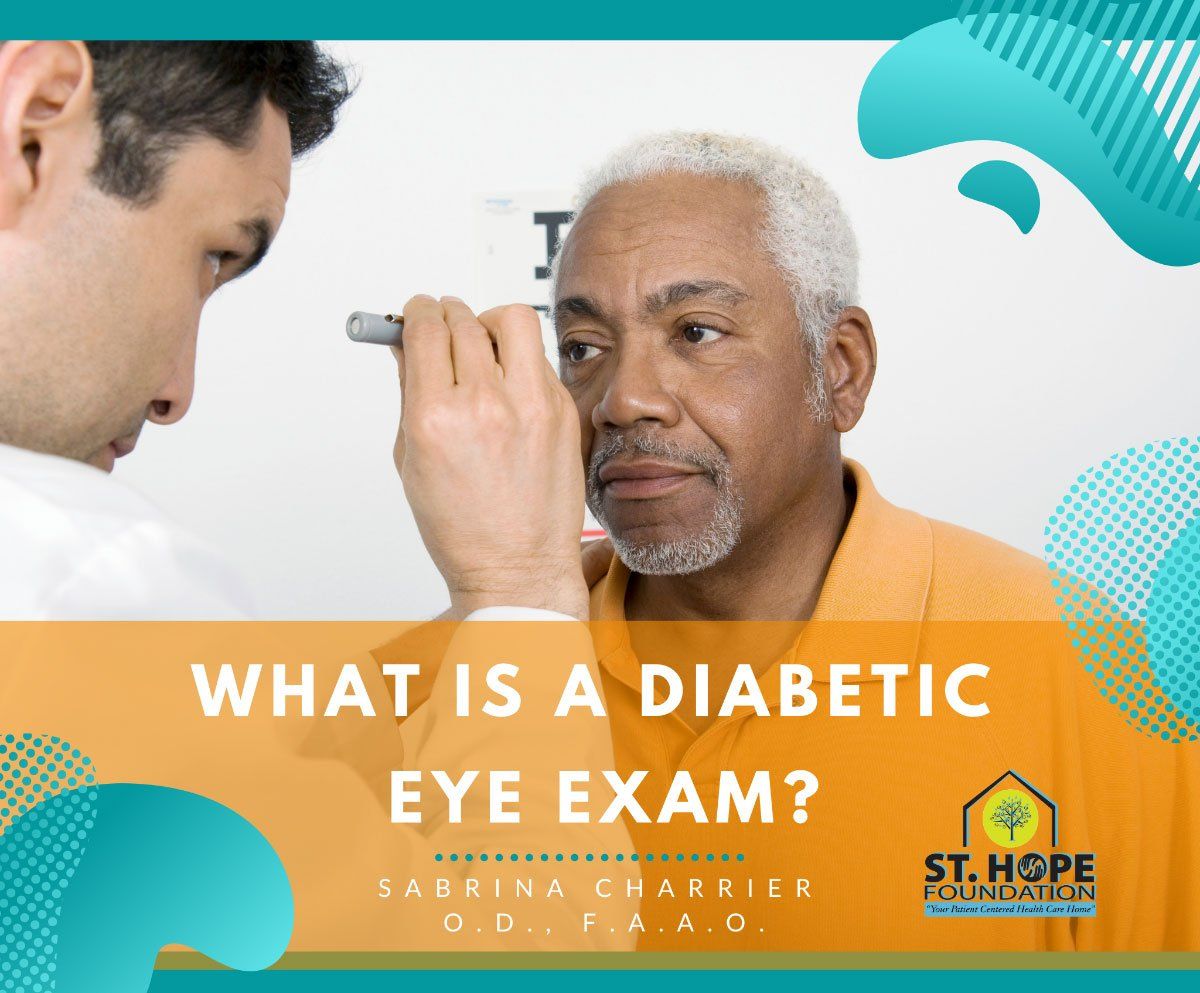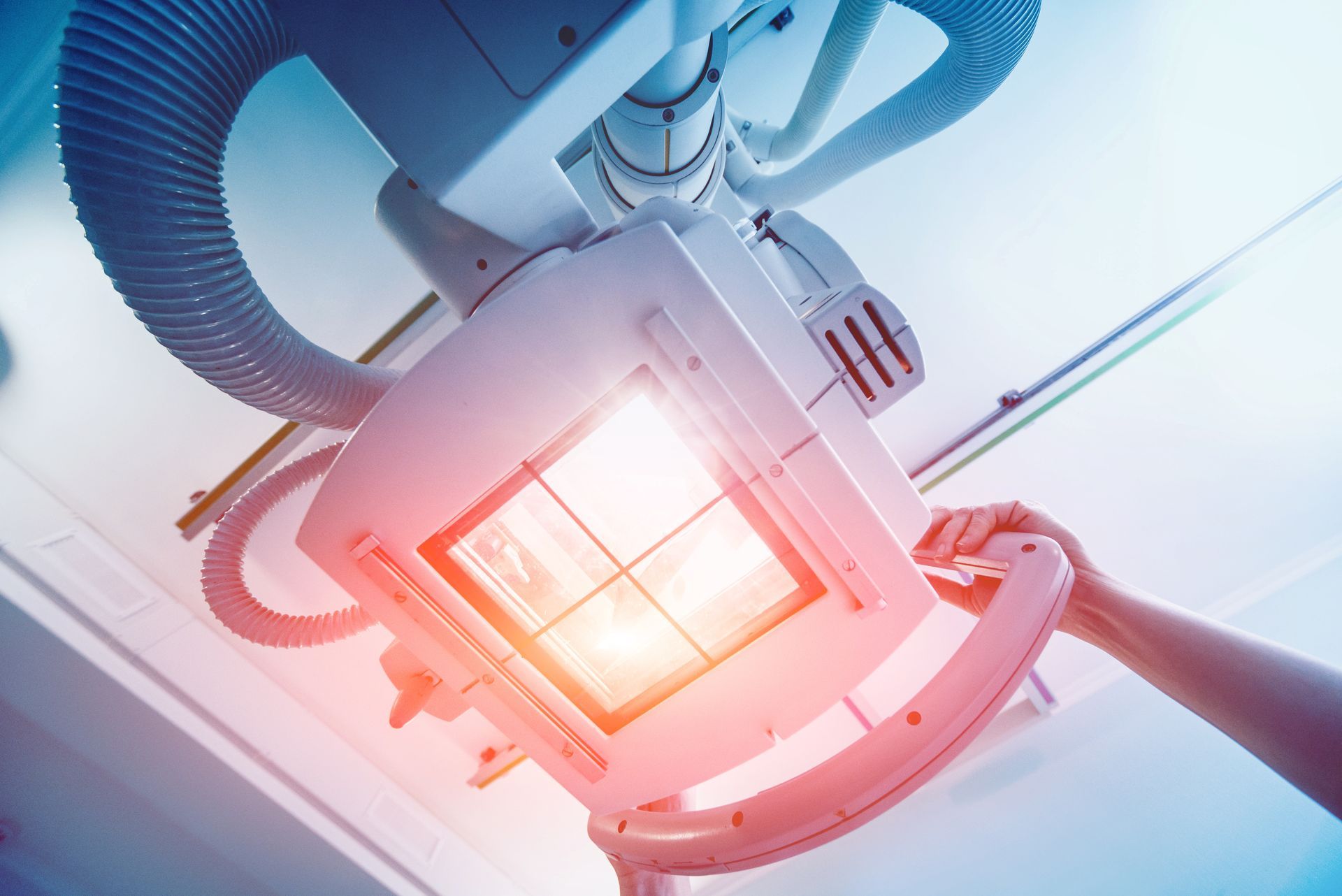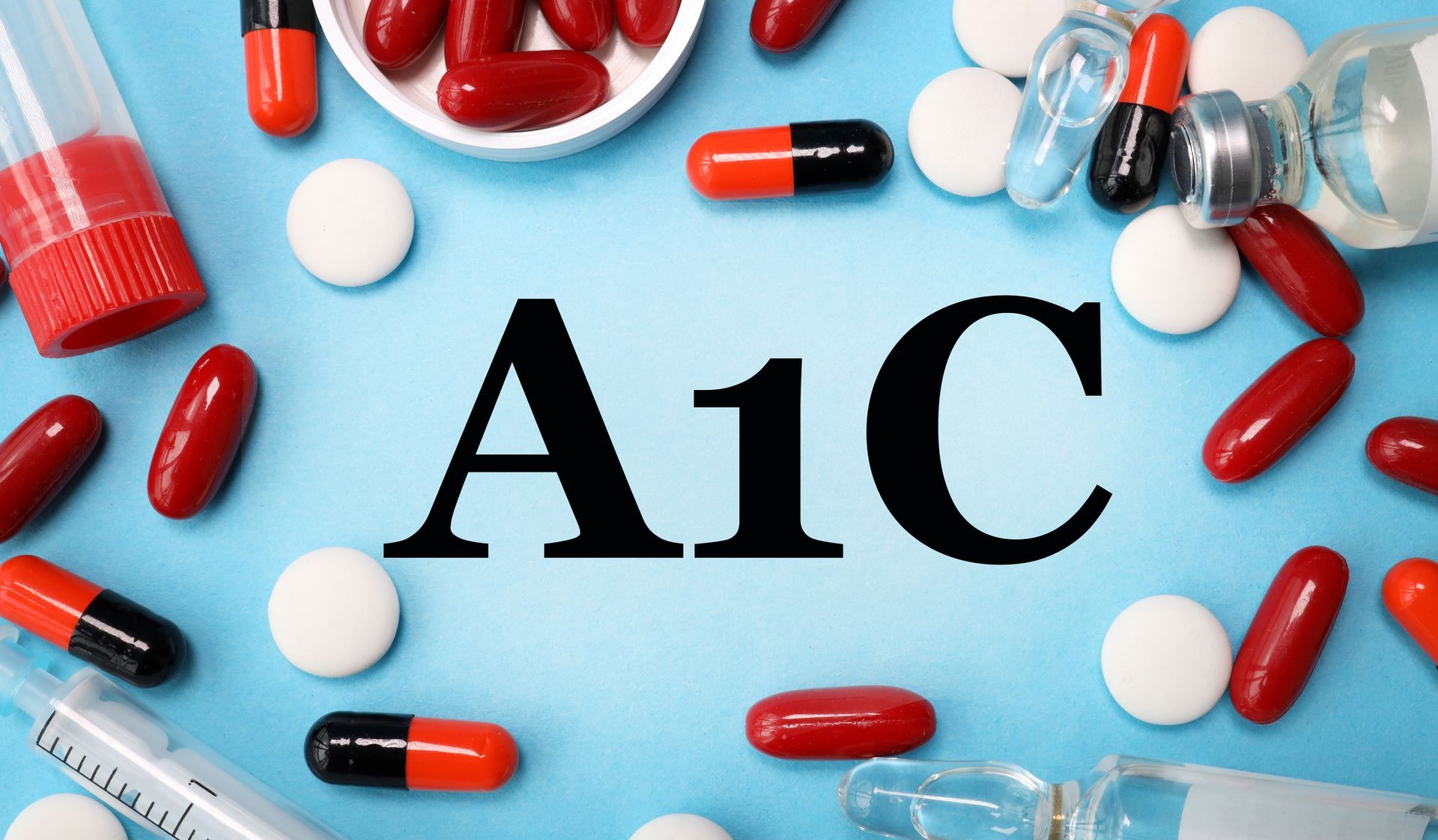Recent Posts
What Is A Diabetic Eye Exam?

By: Sabrina Charrier, O.D., F.A.A.O.
To understand a diabetic eye exam, we first need to discuss the root disease, diabetes mellitus. Diabetes is a metabolic condition where you have high levels of blood sugar in your circulatory system. Diabetic Retinopathy is a condition when those levels are poorly controlled or occur over a long period of time causing damage to the blood vessels in the eyes.
If you have diabetes, you may not notice some of the changes that occur with your eyes. Some changes include vision fluctuations or a change in prescription. This is due to your natural lens inside of your eye swelling due to your blood sugar levels. Additionally, your lens can develop a cataract. A cataract is when your lens becomes more yellow and cloudy. Everyone will develop cataracts, however, those with diabetes can develop them earlier in life. This will also cause blurriness in your vision as well as problems with glare. Cataracts require surgery for a lens exchange of the cataract for a clear lens implant. Diabetes can increase your risk of glaucoma. In more serious conditions, a type of glaucoma can occur. It is called neovascular glaucoma and is where new blood vessels grow within the iris causing a blockage of the drainage system within the eye causing an increase in the eye pressure. This requires laser treatments or anti-VEGF injections to reverse the blood vessel growth. Diabetic retinopathy occurs in the back of the eye in the layers of the retina. In mild cases, the blood vessels are damaged causing some bleeding but the vision is still good. This is called non-proliferative diabetic retinopathy. In more severe cases, the macula is additionally affected. Your macula is the central part of your retina that you use for your best vision for distance and near activities. In diabetics, that part of your retina can swell causing macular edema. This can occur with non-proliferative or proliferative diabetic retinopathy. Proliferative diabetic retinopathy occurs when new blood vessels grow in the retina. These are not healthy blood vessels and can significantly leak causing a decrease in vision. This is also treated with lasers and anti-VEGF injections to reverse the blood vessel growth.
Your diabetic eye exam will probably take about 30 minutes. We start by getting some preliminary information about your eyes and health. We check your current vision, how your eyes work together, and refract for your best corrected visual acuity. At some point during the exam, we will also put dilating drops in your eyes to make your pupil larger. This is important because without a larger pupil, we cannot completely assess the health of your eyes. It usually takes about 10-20 minutes to dilate. From there, we are able to evaluate any cataract changes, identify any changes to the blood vessels in the back of the eye, and determine if there are any glaucoma changes. If we determine there are any changes, we may either monitor your changes over time or refer you to a retinal specialist for any of the treatments mentioned before. The sooner anything is identified, the better. There are many people that have their first diagnosis of diabetes because of the changes they have had in their eyes and vision.
At St. Hope Foundation we have a Diabetes Program to assure you have whole person health coverage. You can have your medical, optometry, podiatry, and nutrition visits all in one place. This can allow you to take control of your condition and get the best care possible. Please call us if you experience any changes in your vision such as blurred vision, missing vision, flashes of lights, or changes in floaters (black spots and lines in your vision).









